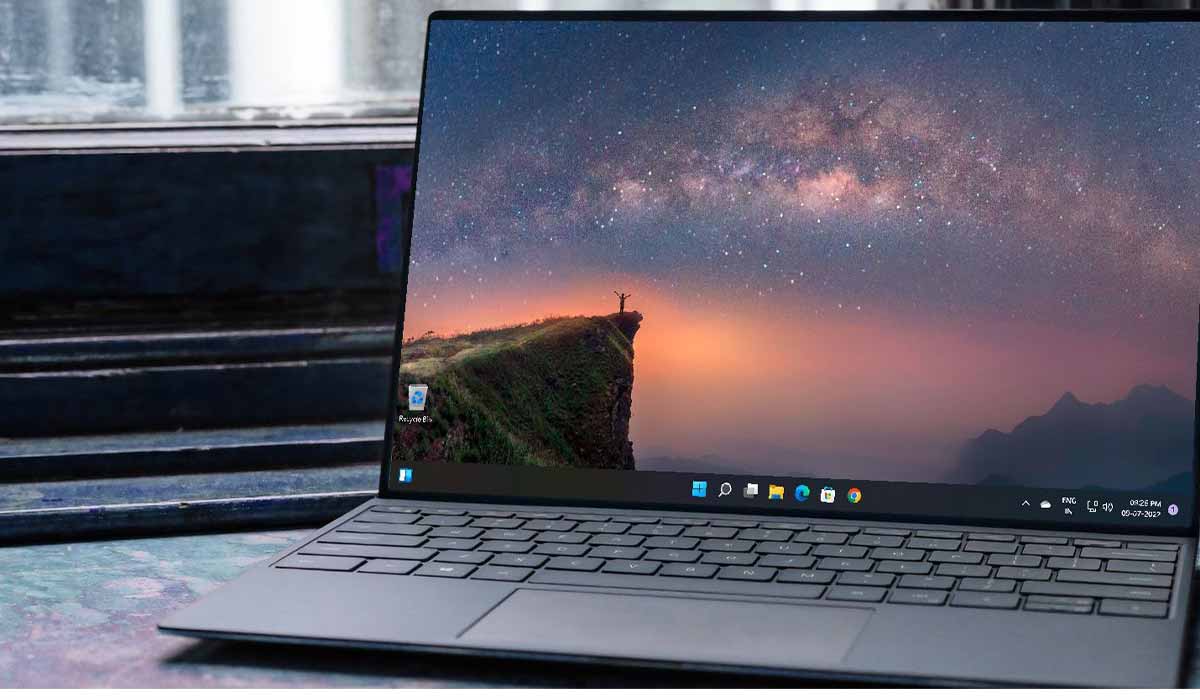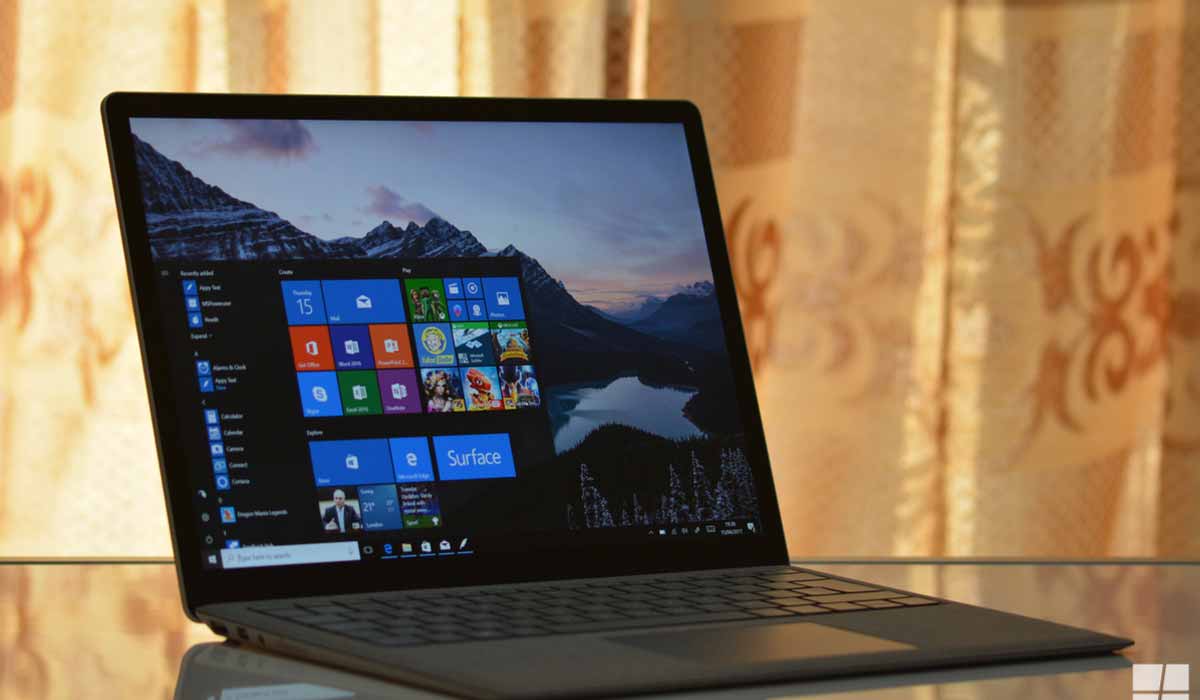Do Laptops Have Trackers Installed During Delivery? Understanding Common Privacy Concerns
Tracking devices, spyware and hidden monitoring systems are things that many people fear could be secretly installed on electronic devices during the shipping and delivery process. For laptop computers ordered online, this is a genuine concern that warrants addressing.
In this in-depth blog post, we’ll explore the facts around potential laptop tracking methods, examine the delivery processes used by companies and provide tips to help ensure your new device arrives tracker-free.
Common Questions About Covert Trackers
(Laptops Have Trackers)
One common question that arises is whether delivery drivers themselves could potentially install some type of spyware or GPS tracker covertly without the owner’s knowledge or consent.
While this scenario makes for an intriguing conspiracy theory, the reality is that clandestine tracking installations by couriers would be extremely difficult to pull off logistically and risky to attempt from a legal perspective.
However, there are other potential monitoring concerns that warrant unpacking.
A second frequent query surrounds what specific data is captured and recorded during the shipping and logistics hand-off process between companies and individual delivery drivers. Are detailed location logs, photos or signatures gathered in a way that could enable tracking?
It’s important to separate fact from fiction when it comes to understanding professional delivery workflows.
Another scenario involves the possibility that built-in location services on a new laptop may arrive from the factory still active by default.
Could this allow the device’s whereabouts to be located in some manner, at least temporarily before the end user gets a chance to review settings? We’ll take an up-close look at this concern.
Setting the Record Straight on Plausible Delivery Monitoring Methods
Rather than relying on rumors, it’s most useful to examine the tracking capabilities that correspond with standard shipping procedures and current technology limitations. Here are the methods that delivery services and laptop brands realistically employ:
Waybill Numbers and Driver Logs
Nearly all deliveries involve documenting basic shipping details for inventory, accountability and billing purposes. This includes waybill or tracking numbers associated with individual packages along shipments’ routes. Driver logs also record pick-ups, drop-offs and estimated travel times between stops.
Embedded System Addresses and serial Numbers
Components like hard drives, motherboards and even WiFi/Bluetooth chips contain unchangeable hardware addresses or serial codes that allow devices to be identified, similar to how IMEI numbers distinguish mobile phones. However, these identifiers do not enable remote monitoring on their own.
Potentially Active Location Services Defaults
As mentioned above, location services are occasionally left switched on as a factory setting convenience before initial setup. This could expose internal radio addresses temporarily through crowd-sourced databases. But no persistent spyware is involved.
In summary, while logistics tracking is routine, purposefully installing hidden monitoring systems onto devices during delivery would be nearly infeasible given technical and legal barriers. The above methods are most realistic and aligned with normal operational procedures.
Ensuring Delivery Privacy: Simple Steps for New Laptop Owners ( Laptops Have Trackers )
Now that we’ve investigated rumors versus the documented realities of how laptop shipments are handled, there are still some precautionary measures new device owners can take:
Check Location Settings: As the first step of setup, review your laptop’s Location Services configuration in System Preferences/Settings and disable any unneeded location reporting for apps like Maps. This prevents accidental active status.
Configure a VPN: Using a Virtual Private Network masks your online activities and physical location from detection. Many VPN services are affordable and add an important extra layer of security when accessing public networks.
Use an Ad Blocker: Web advertisement cookies and trackers can potentially capture aspects of your browsing habits. Blocking these helps minimize any behavioral profiling attempts, albeit location visibility is not their goal.
FAQs about (Laptops Have Trackers)
Conclusion (Laptops Have Trackers)
With a little diligence up front, any unwarranted laptop location tracking concerns related to the delivery process should be put to rest. Taking ownership of privacy settings provides empowerment and peace of mind for all new device users. Understanding the realistic constraints of shipping logistics also helps to separate fact from fiction.

